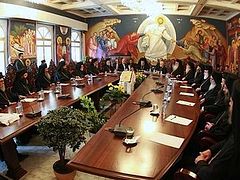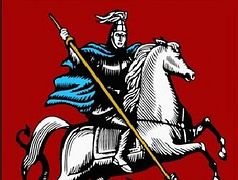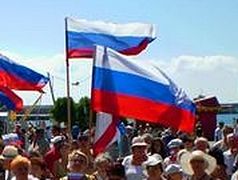
- Father Filaret, what do you think about the decision of the European Court on demonstrations held by Russian minorities?
- This decision was not unexpected by those who followed the process. The European Court has earlier taken the same decisions regarding Latvia, Lithuania, Serbia, Poland and other European states. The Strasbourg Court is not a platform for discussions, so public and religious organizations do not have an opportunity to present their position during the legal action and somehow influence the decision.
The problem with this court decision is much broader and more serious than the mere organization or denial to authorize gay pride parades. Human rights norms were created for protection of individuals from discrimination. At the same time, over the past few years, we have seen a formal use of human rights norms for groups and communities, primarily minorities, without regard for societal traditions in general, history, or culture. One illustration of this is the Strasbourg Court decision to ban crucifixes in Italian schools, a decision which caused stormy reactions all around the world. This decision has become a source of new tensions in society. It referrers not only to the so-called sexual minorities, but to national, language and other minorities also. It is impossible (for minorities) to ask for respect without showing corresponding respect to traditions of the majority, seeking to achieve only their own aims. It will inevitably lead to conflicts and confrontation. Such decisions of the Strasbourg Court will not lead to the desired accord in society, or respect for the personal rights of every person, but will provoke new spots of tension.
We can already see such a reaction from certain public organizations concerning gay-pride parades in Russia.
- What political and social consequences may this Strasbourg decision have?
- The Court hasn't taken into account that the gay pride parades lost their human rights content in many cities of the world and turned into mass entertainment events available to underage children and other vulnerable social groups. Russia, unlike Brazil with its carnivals, has never had a tradition to make public the intimate side of life, whether it refers to minorities or the traditional majority. Thus in this case, statements about discrimination are absolutely groundless.
The decision made in Strasbourg essentially constitutes violence against the feelings and morals of the majority of society. That will hardly help achieve the stated purpose to cultivate tolerance and achieve accord, mutual understanding and peaceful co-existence.
The Russian Orthodox Church may follow its social doctrine and back the increasingly numerous calls upon the Russian state to reconsider the forms of participation in international treaties related to human rights if such processes continue to accelerate.



